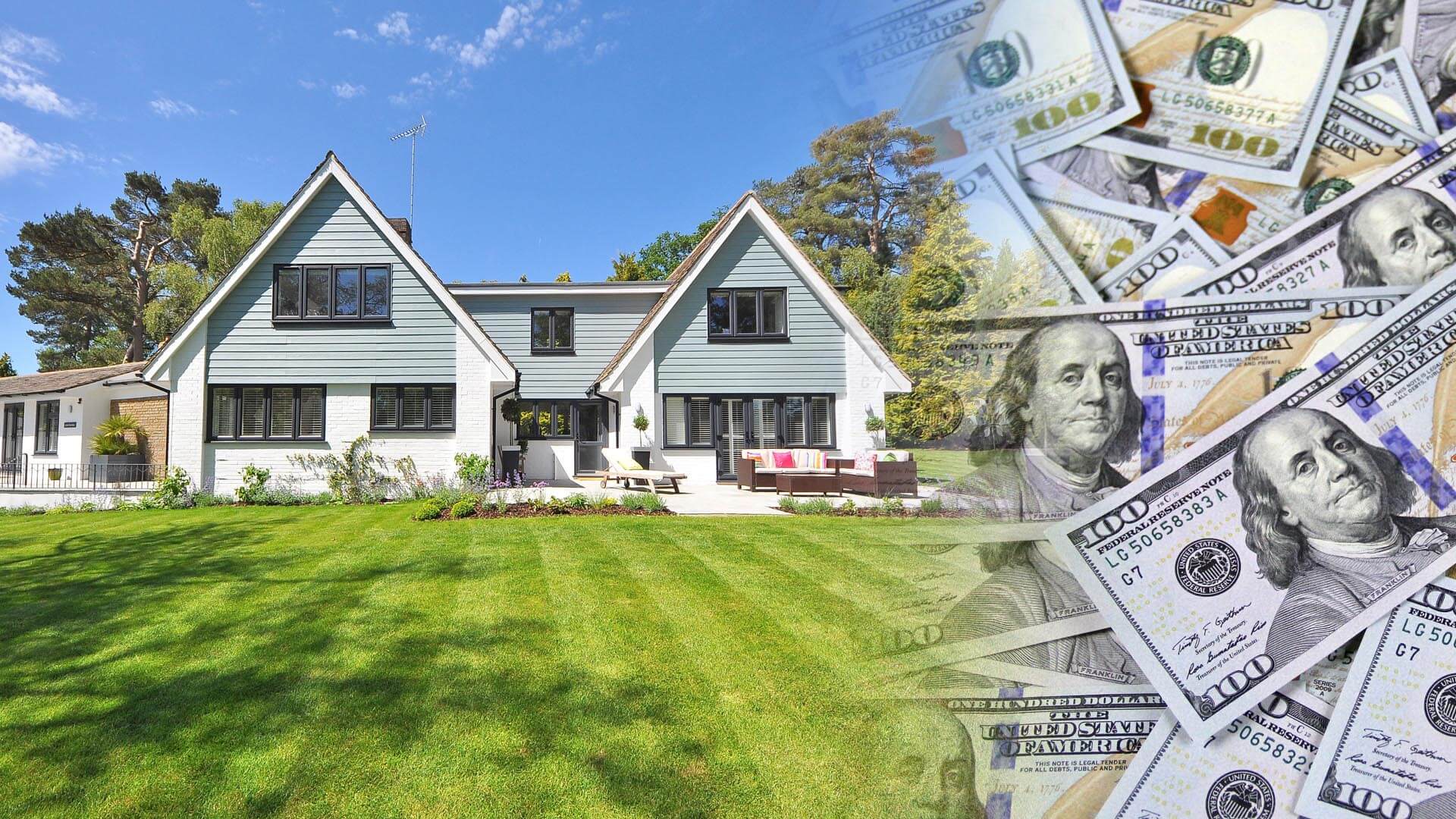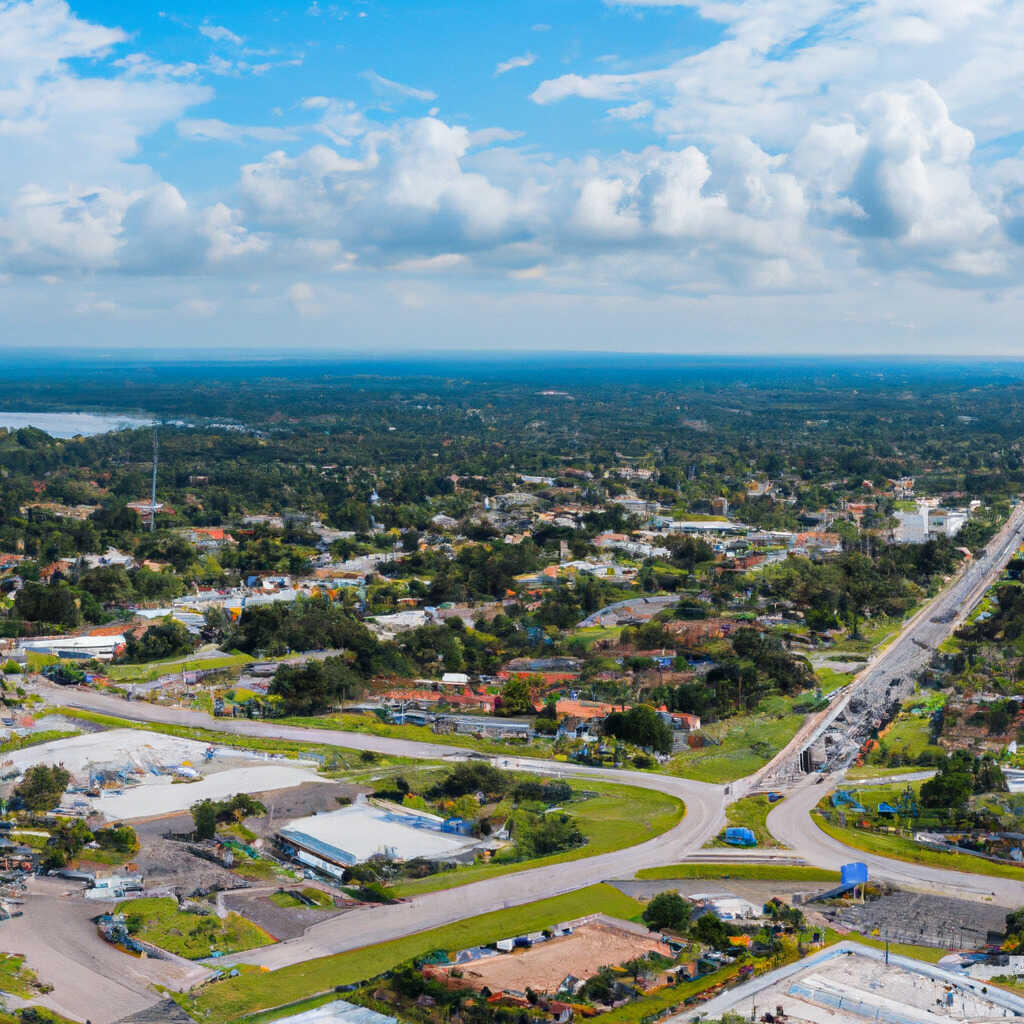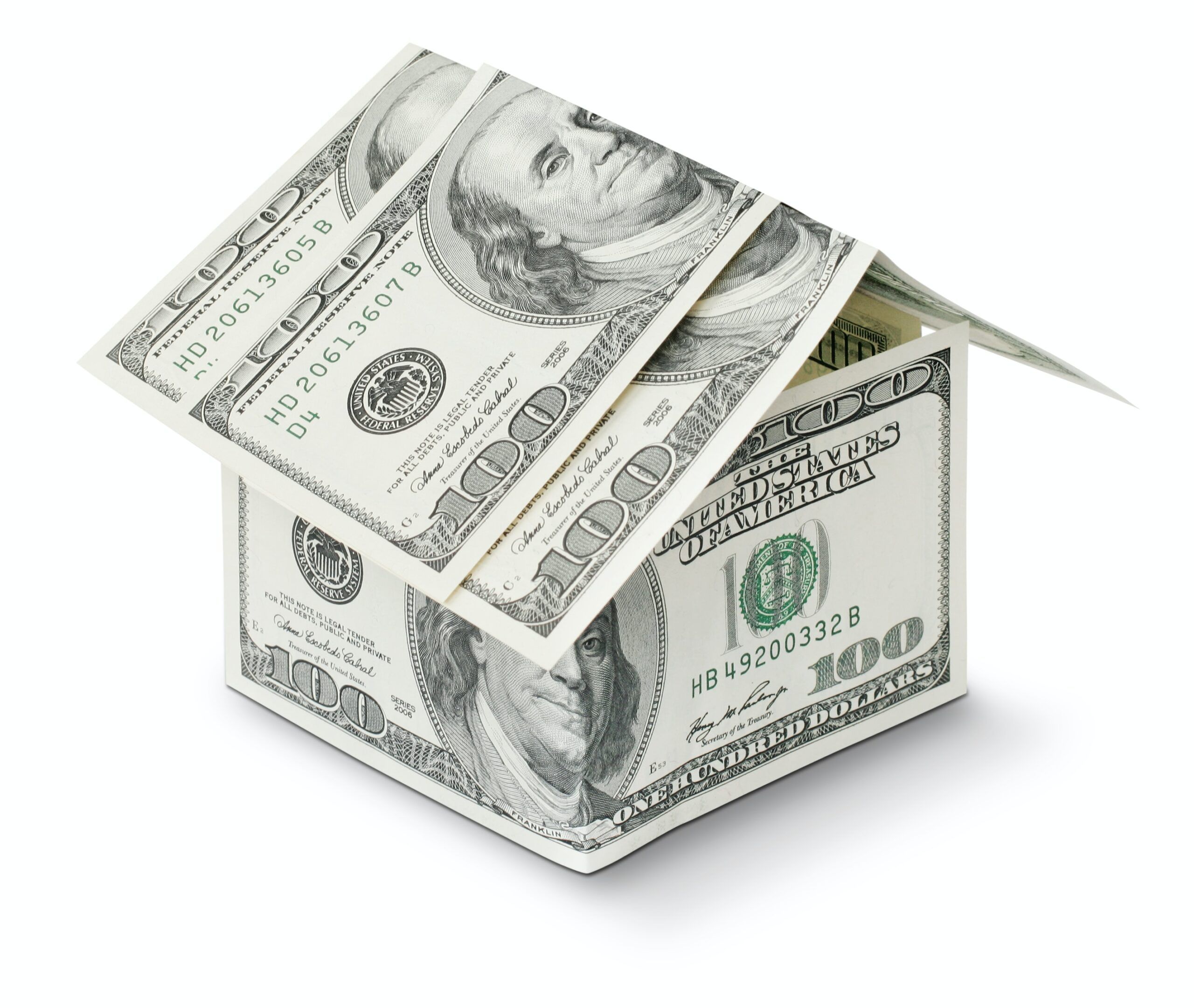When you’re buying a home in Florida, there are lots of exciting things to think about. You might be dreaming about your new backyard, imagining family gatherings, or even planning how you’ll decorate your living room. But before you get too carried away, there’s an important topic to understand: closing costs. So, how much are closing costs in Florida? Let’s dive into this essential part of buying a home and break it down so it’s easy to understand.
What Are Closing Costs
First, let’s clarify what closing costs are. Closing costs are the fees and expenses that you need to pay when you finalize the purchase of a home. Think of it as the final step before you get the keys to your new place. These costs can include everything from loan origination fees to title insurance and other miscellaneous charges. It’s important to be aware of these costs so you aren’t surprised when it’s time to sign on the dotted line. Also read How Much Are Closing Costs in Florida
The Average Closing Costs in Florida
Now, let’s talk numbers. On average, closing costs in Florida can range from about 2% to 5% of the home’s purchase price. This means if you’re buying a house for $300,000, your closing costs could be anywhere between $6,000 and $15,000. That’s a big range! The exact amount can vary based on several factors, including where you live in Florida, the type of loan you’re using, and even your negotiation skills.
Breakdown of Closing Costs
To really understand how much are closing costs in Florida, let’s break it down into its main components. Here are some of the typical fees you might encounter:
- Loan Origination Fees: This is the fee charged by the lender for processing your loan application. It’s usually around 0.5% to 1% of the loan amount.
- Appraisal Fees: Before you buy a house, lenders typically require an appraisal to determine the property’s value. This fee can range from $300 to $600.
- Title Insurance: This protects you and the lender against any issues that may arise with the property’s title. In Florida, the cost can be anywhere from $1,000 to $2,000, depending on the home’s price.
- Home Inspection Fees: A home inspection is crucial to ensure there are no hidden problems with the property. This can cost between $300 and $500.
- Property Taxes: Florida property taxes can be a significant part of your closing costs. You may need to pay a portion of the property taxes upfront at closing.
- Prepaid Costs: These are costs you pay in advance for items like homeowner’s insurance or interest on your mortgage.
- Recording Fees: These fees cover the cost of recording the sale with the county. They can range from $50 to a few hundred dollars.
- Transfer Taxes: Florida has documentary stamp taxes, which are charged when the property changes hands. This fee varies by county.
Factors That Affect Closing Costs
Several factors can influence how much you’ll pay in closing costs. These include:
- Location: Different counties in Florida have different rates for things like transfer taxes and recording fees.
- Type of Loan: Conventional loans might have different fees compared to FHA or VA loans. Some loans also come with specific requirements that can impact your closing costs.
- Negotiation: Sometimes, sellers may be willing to cover part of your closing costs, especially if the market is competitive.
- Lender Fees: Each lender has its own fee structure, so it’s important to shop around and compare offers.
How to Estimate Your Closing Costs
Now that we know the average costs and factors that affect them, how can you estimate your own closing costs? A good rule of thumb is to budget around 3% of the purchase price of your home. For example, if you’re buying a home for $250,000, you might estimate your closing costs to be around $7,500.
However, to get a more accurate number, ask your lender for a Loan Estimate. This document provides a breakdown of all estimated closing costs and can help you plan better.
Ways to Reduce Closing Costs
If the thought of closing costs makes you feel a bit uneasy, don’t worry! There are ways to potentially reduce these costs:
- Shop Around for Lenders: Different lenders have different fees. Get quotes from several lenders to find the best deal.
- Negotiate with the Seller: In a buyer’s market, you might be able to negotiate for the seller to pay a portion of your closing costs.
- Ask About Lender Credits: Some lenders offer credits to cover closing costs in exchange for a higher interest rate.
- Look for First-Time Homebuyer Programs: Florida has programs designed to assist first-time homebuyers, which can help offset some closing costs.
Closing Cost Assistance Programs
Florida has several programs that offer assistance for closing costs. Here are a few options:
- Florida Housing Finance Corporation: This program offers down payment and closing cost assistance to eligible buyers.
- Local Government Programs: Many counties and cities in Florida have their own assistance programs aimed at helping first-time homebuyers.
- Non-Profit Organizations: Organizations like Habitat for Humanity offer programs that can help reduce closing costs.
The Closing Process
Once you’ve estimated your closing costs and prepared your budget, it’s time for the closing process itself. This is when you’ll officially buy the home. Here’s what you can expect:
- Review Documents: Before closing day, review all documents thoroughly. This includes the Closing Disclosure, which outlines all your closing costs.
- Final Walkthrough: A day or two before closing, you’ll typically do a final walkthrough of the home to ensure everything is in order.
- Closing Meeting: At the closing meeting, you’ll sign all the necessary documents. This can take place at the title company’s office, your lender’s office, or even online.
- Payment of Closing Costs: You’ll pay your closing costs during this meeting, usually via a cashier’s check or wire transfer.
- Get the Keys: After everything is signed and paid for, you’ll receive the keys to your new home. Congratulations!
Common Myths About Closing Costs
There are several myths surrounding closing costs that can lead to confusion. Let’s clear a few up:
- Myth 1: Closing Costs Are Always the Same: As we discussed, closing costs can vary widely based on many factors, including location and lender.
- Myth 2: Only Buyers Pay Closing Costs: While buyers typically cover most closing costs, sellers can also incur costs, especially if they agree to help with buyer’s closing costs.
- Myth 3: You Can Avoid Closing Costs: There are ways to reduce or negotiate closing costs, but completely avoiding them is unlikely.
Conclusion
So, how much are closing costs in Florida? They can vary, but on average, you can expect to pay between 2% to 5% of the purchase price of your home. By understanding what closing costs entail, how to estimate them, and ways to reduce them, you’ll be better prepared for your home-buying journey. Remember, it’s always a good idea to ask questions and seek advice from professionals in the real estate field. With the right information and a bit of planning, you’ll be well on your way to owning your dream home in the sunny state of Florida!





